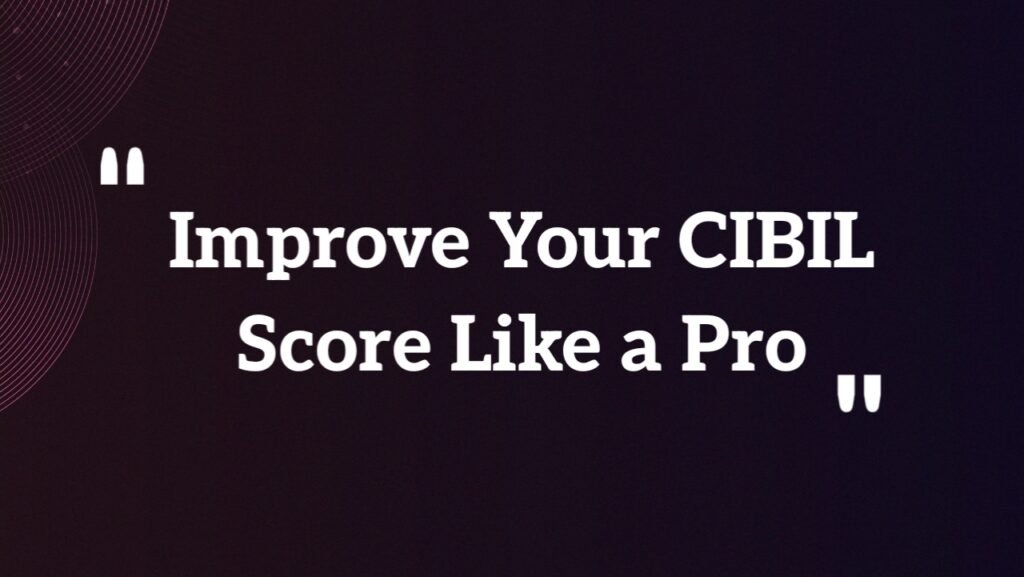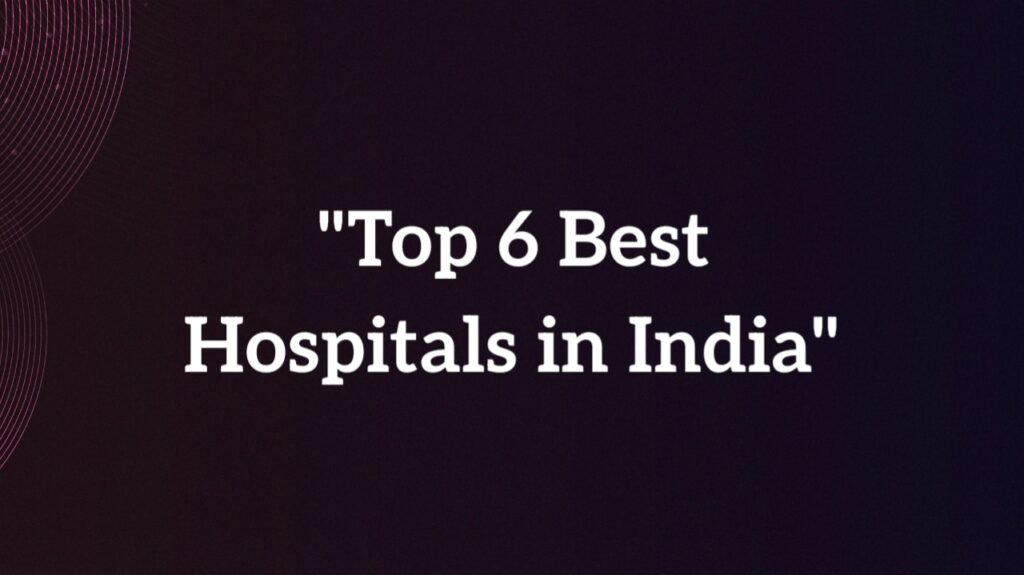When it comes to managing your finances, both personal loans and credit cards are popular options for borrowing money. However, they serve different purposes and come with their own advantages and disadvantages. Understanding the key differences between the two can help you make an informed decision based on your financial needs and goals.
In this blog, we’ll explore the features of personal loans and credit cards, their pros and cons, and how to determine which one might be the better choice for your situation.
What Is a Personal Loan?
A personal loan is a lump sum of money borrowed from a bank, credit union, or online lender. It is typically repaid in fixed monthly installments over a set period, ranging from a few months to several years. Personal loans can be secured (requiring collateral) or unsecured (no collateral needed), with interest rates based on factors like your credit score, income, and loan term.
Common Uses for Personal Loans:
- Consolidating high-interest debt
- Funding large purchases, such as home improvements
- Covering medical expenses or emergencies
- Paying for major life events, like weddings or vacations
What Is a Credit Card?
A credit card is a revolving line of credit that allows you to borrow money up to a pre-approved limit. You can use it for everyday purchases, online shopping, or emergencies. Credit cards require you to make at least a minimum payment each month, and any unpaid balance accrues interest until it is paid off.
Common Uses for Credit Cards:
- Everyday purchases and small expenses
- Building or improving your credit score
- Earning rewards like cashback, points, or travel miles
- Emergency expenses when you don’t have cash on hand
Key Differences Between Personal Loans and Credit Cards
Here are the main distinctions between personal loans and credit cards:
1. Borrowing Structure
- Personal Loan: Provides a lump sum upfront, repaid in fixed installments over a specific term.
- Credit Card: Offers a revolving credit line, where you can borrow as needed up to your credit limit.
2. Interest Rates
- Personal Loan: Typically has lower interest rates compared to credit cards, especially if you have good credit.
- Credit Card: Interest rates are generally higher and can vary depending on the type of card and your creditworthiness.
3. Repayment Terms
- Personal Loan: Fixed repayment schedule with a clear end date.
- Credit Card: Flexible repayment, but interest accrues on any unpaid balance.
4. Fees
- Personal Loan: May include origination fees, prepayment penalties, or late payment charges.
- Credit Card: May have annual fees, late payment fees, and foreign transaction fees.
5. Flexibility
- Personal Loan: Best for planned, one-time expenses.
- Credit Card: Ideal for ongoing expenses and smaller, frequent purchases.
Pros and Cons of Personal Loans
Pros:
- Lower Interest Rates: Personal loans often have lower interest rates compared to credit cards, making them a cost-effective option for large expenses or debt consolidation.
- Fixed Payments: Predictable monthly payments make it easier to budget.
- Debt Consolidation: Allows you to combine multiple high-interest debts into one manageable payment.
- No Temptation to Overspend: Since you receive a lump sum, there’s no revolving credit line to tempt you into additional spending.
Cons:
- Upfront Approval Process: Getting a personal loan requires a credit check and can take longer compared to getting a credit card.
- Fees: Some lenders charge origination fees or prepayment penalties.
- Less Flexibility: Once you’ve borrowed a set amount, you can’t access additional funds without applying for another loan.
Pros and Cons of Credit Cards
Pros:
- Convenience: Credit cards are easy to use for everyday purchases and emergencies.
- Rewards Programs: Many credit cards offer cashback, points, or travel rewards.
- Credit Building: Responsible use of credit cards can help you build or improve your credit score.
- Flexible Payments: You have the option to pay the full balance or just the minimum amount due each month.
Cons:
- High Interest Rates: Carrying a balance can result in significant interest charges.
- Risk of Overspending: The revolving credit line can encourage unnecessary spending.
- Fees and Penalties: Late payments or exceeding your credit limit can result in additional fees.
- Variable Interest Rates: Credit card interest rates can change, making it harder to predict costs.
When to Choose a Personal Loan
A personal loan might be the better option if:
- You need a large amount of money for a one-time expense.
- You want to consolidate high-interest debts into a single, lower-interest payment.
- You prefer a fixed repayment schedule to help with budgeting.
- You have a good credit score and can qualify for favorable terms.
When to Choose a Credit Card
A credit card might be the right choice if:
- You need a convenient way to pay for smaller, recurring expenses.
- You want to earn rewards like cashback or travel points.
- You can pay off the balance in full each month to avoid interest charges.
- You’re looking to build or improve your credit score.
- You need access to emergency funds quickly.
How to Decide What’s Best for You
To determine whether a personal loan or credit card is better for your financial needs, consider the following factors:
- Purpose of the Loan: What do you need the money for? If it’s a one-time expense, a personal loan might be better. For ongoing expenses, a credit card may be more practical.
- Interest Rates: Compare the interest rates for both options based on your credit score.
- Repayment Plan: Do you prefer fixed monthly payments or flexible repayment options?
- Fees and Charges: Review the fees associated with both options to understand the total cost of borrowing.
- Credit Score: Your credit score can impact your eligibility and the terms you’re offered for both personal loans and credit cards.
Conclusion
Both personal loans and credit cards have their place in financial planning. The key is to understand your specific needs and financial situation. Personal loans are ideal for larger, planned expenses with a fixed repayment term, while credit cards offer flexibility and rewards for smaller, ongoing purchases.
Before making a decision, compare the terms, interest rates, and fees for both options. By choosing the right borrowing tool, you can manage your finances effectively and achieve your financial goals without unnecessary stress.


